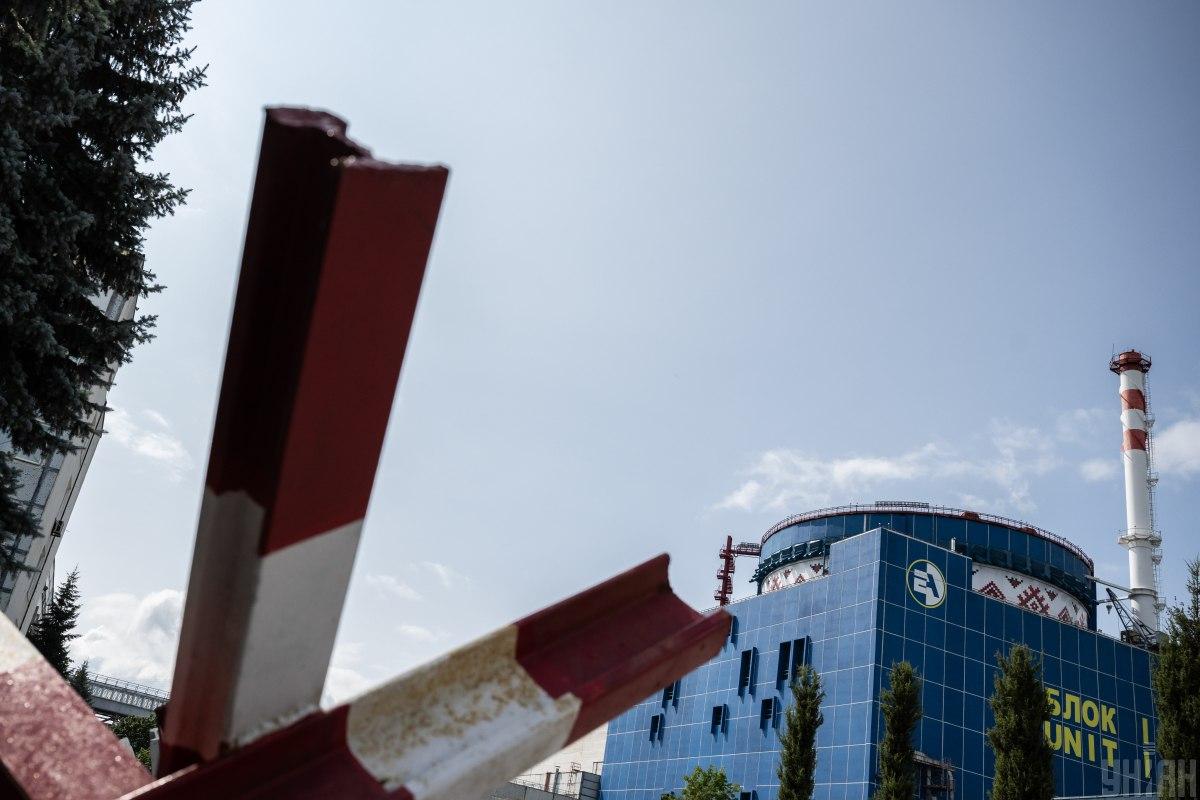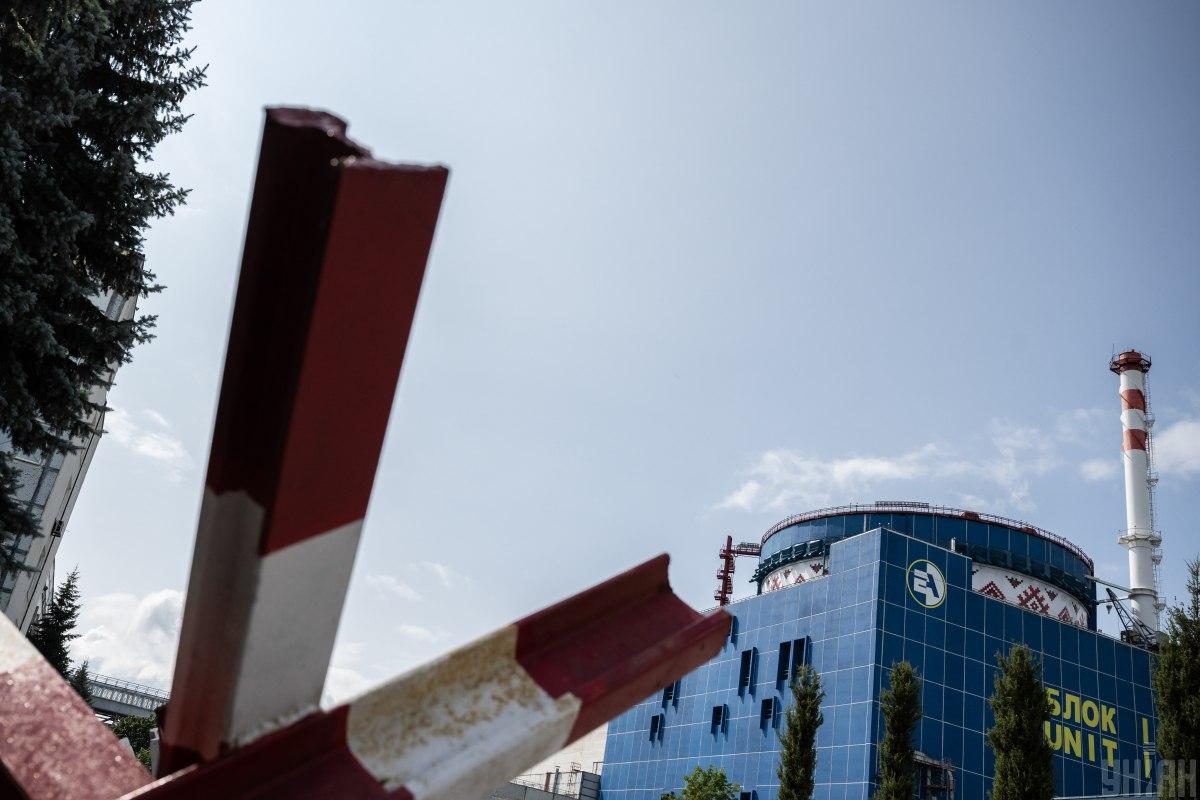“Energy Minister Herman Galushchenko expects to sign an agreement with Bulgaria in July.”, – WRITE: www.unian.ua
Energy Minister Herman Galushchenko expects to sign an agreement with Bulgaria in July.
 Galushchenko noted that Ukraine may not get Bulgarian reactors / UNIAN photosEnergy Minister Herman Galushchenko notes that Ukraine continues to receive two Bulgarian rectors of Russian descent for the completion of the third and fourth units of the Khmelnytsky Nuclear Power Plant (KhNPP), but it admits that the arrangement may break. He stated this during an hour of questions to the government, which is broadcast by the People’s Deputy Yaroslav Zheleznyak.
Galushchenko noted that Ukraine may not get Bulgarian reactors / UNIAN photosEnergy Minister Herman Galushchenko notes that Ukraine continues to receive two Bulgarian rectors of Russian descent for the completion of the third and fourth units of the Khmelnytsky Nuclear Power Plant (KhNPP), but it admits that the arrangement may break. He stated this during an hour of questions to the government, which is broadcast by the People’s Deputy Yaroslav Zheleznyak.
He noted that political processes in Bulgaria have slowed down the consideration of this issue, “but we have a certain impetus for this project.”
“In July, we will finalize the decision from the IAEA, and it will make one of the leaders of the project.
At the same time, he does not rule out that Ukraine may not get Bulgarian reactors, allegedly because of Russia’s influence.
“It will be a disaster for us not to complete these blocks,” Galushchenko added, noting that Ukraine can order the manufacture of reactors in other countries, but this will extend the term of the KhNPP blocks.
The Khmelnitsky NPP completion is the main newsIn 2024, the head of Energoatom was declared in 2024 to buy two nuclear reactors in Bulgaria for the completion of the third and fourth units of Khmelnitsky NPP
On February 26, 2025, the Verkhovna Rada unlocked the purchase of these rectors in Bulgaria. At the same time, in early February, the Minister of Energy Herman Galushchenko suggested that the procurement agreement could break, since the Bulgaria Parliament registered resolutions on cancellation of the reactors’ permission. Later, Bulgaria’s authorities stated that the reactors would not sell, although the Ministry of Energy assured that it did not receive an official response.
The initiative for the completion of units №3 and №4 of the Khmelnytsky nuclear power plant from the very beginning collided with a lot of criticism. Experts pointed out that these reactors were of Russian origin. In addition, no examination has been carried out how much these reactors will fit Ukraine, so there is a risk that they will never work after purchasing.
You may also be interested in news:
- It became known whether electricity was going to rise through the completion at Khmelnitsky NPP
- Zelensky signed a law on the completion of Khmelnitsky NPP
- No “plan B” no: expert commented on Bulgaria’s refusal to sell reactors to Ukraine
